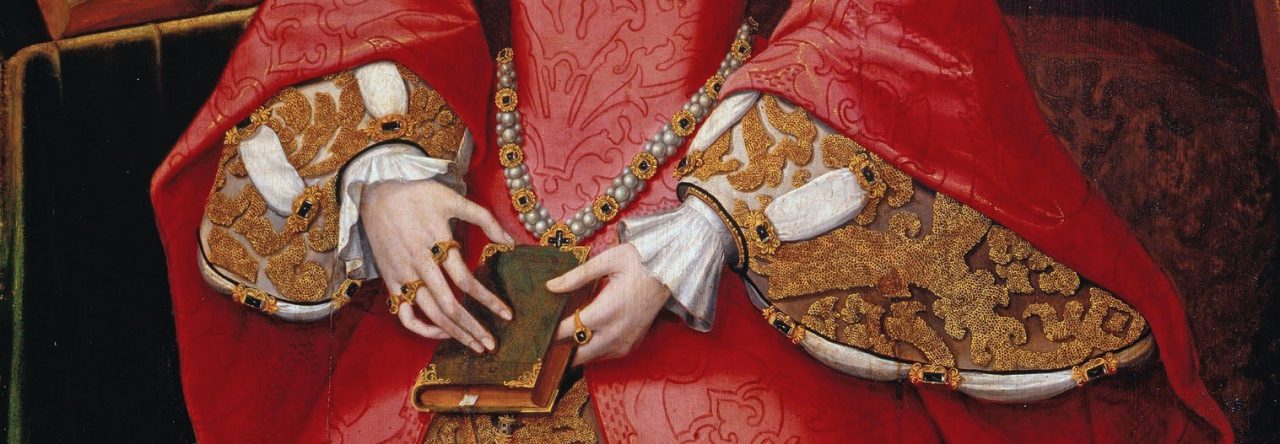
This book is a translation and abbreviated version (“by way of Abstract”) of Seneca’s Epistulae morales, originally published in 1678 by Roger L’Estrange. The man now known as a fervent royalist and censor of the press after the Restoration published a number of translations, but this was the most popular (ODNB). Interestingly, this edition of the treatise, with its explanation of stoic morals presented as a beneficial and conducive to a happy life, came out in the middle of a strong Whig propaganda offensive against L’Estrange and shortly after he had survived accusations of being a Catholic and of involvement in the Popish plot. From 1681, he began to publish The Observator, a periodical which was to become, as Harold Love notes, “the most powerful organ of tory propaganda” (ODNB).
It is difficult to imagine that the first owners of this edition of the book L’Estrange translated were unaware of his politics. Ownership of the book, in other words, provides some potential indication of the owner’s stance in contemporary controversy, even if the bulk of the book itself does not directly address it.
This particular copy was a present from a mother to a daughter. It is inscribed, “Margrett Lowther geven me by my Mother 1692” and underneath, there is another inscription that reads “Margrett Lowther her book.”

I have been unable to locate the Margaret Lowther in question (FamilySearch comes up with several possibilities). The other signature, both on the flyleaf and on the title page and possibly by Margaret’s mother or another relative, is not easy to decipher (“H. Lowther”?).
It seems Margaret practiced writing in two different hands, and the capital letter M also shows that this is both signature and an instance of a pen trial.
By 1692, four years after the Glorious Revolution and fourteen years after the book’s original publication, L’Estrange was politically powerless, plagued by ill health and other personal tragedies, himself probably much in need of Seneca’s advice. Margaret Lowther may not have known much about L’Estrange if she was young when she received the book from her mother, but L’Estrange’s epistle “To the Reader” makes ample mention of seventeenth-century politics and accuses the Whigs of being impostors and hypocrites. Politics aside, women throughout the early modern period were attracted to stoicism, and this maternal gift shows a desire to convey Senecan philosophy to a daughter in an accessible form. What is interesting about the book is that it is ostensibly directed at male readers, and Seneca’s advice is, unlike other advice books presented to early modern young women, not specifically geared to the female experience.
Source: offered for sale by Wisdompedlars, 12/10/2019, and since sold. Images reproduced with permission.
Further Reading
Love, Harold. “L’Estrange, Sir Roger (1616–1704), author and press censor.” Oxford Dictionary of National Biography. https://www-oxforddnb-com.csulb.idm.oclc.org/view/10.1093/ref:odnb/9780198614128.001.0001/odnb-9780198614128-e-16514.

Interesting to see that Seneca apparently spoke to young, early-modern women, since Seneca occasionally uses the term “womanish” to denote non-Stoic behaviour. By the way, isn’t it a translation of De Beneficiis?
Best, Steven.
On Tue, Jul 13, 2021 at 3:59 PM Early Modern Female Book Ownership wrote:
> martinevanelk posted: ” This book is a translation and abbreviated version > (“by way of Abstract”) of Seneca’s Epistulae morales, originally published > in 1678 by Roger L’Estrange. The man now known as a fervent royalist and > censor of the press after the Restoration published” >
LikeLike
Thanks for your comment, Steven! The ODNB said it was EM, but I’ll definitely double-check and correct if necessary
LikeLike